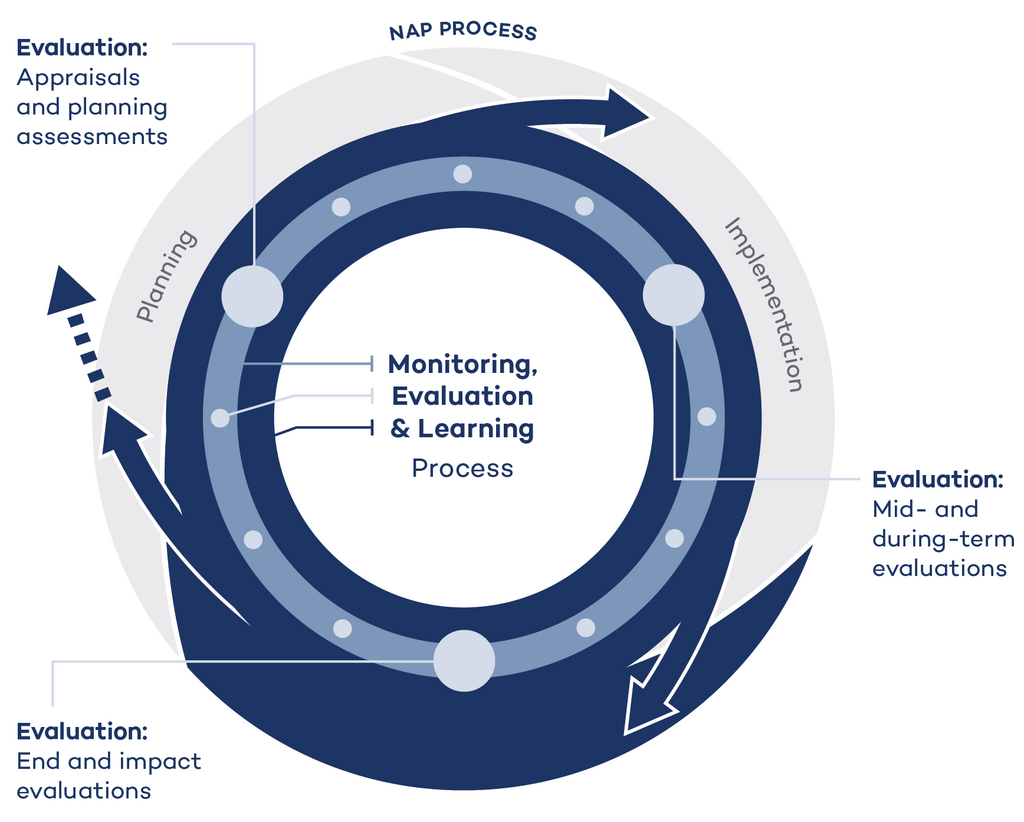Applied Research - We conduct rigorous, context-specific research to generate actionable evidence that guides policy, strategy, and programme design. This includes Operational and policy research – producing timely insights to improve ongoing interventions and inform policy reforms as well as Longitudinal and deep dive thematic research.

We design and implement robust MEL systems to measure results, capture lessons, and inform decision-making for improved programme performance including baseline, mid-term, endline, and impact evaluations to assess project achievements, effectiveness, and long-term outcomes as well as contribution analysis and outcome harvesting – identifying intended and unintended results and the role of interventions in achieving them- and Knowledge, Attitudes, and Practices (KAP) surveys – tracking behavioural and attitudinal changes over time. We also develop M&E frameworks and performance tracking systems – developing indicators, tools, and dashboards for real-time monitoring and adaptive learning.

We specialize in designing innovative data systems and customized indices to measure and track progress over time. Our services Composite indices – development of tools such as resilience indices, socio-economic self-reliance indices, and coping strategy indices tailored to local contexts; Quantitative and qualitative data collection – including household surveys, key informant interviews (KIIs), focus group discussions (FGDs), and document reviews; and Mixed-methods data analysis and reporting – integrating qualitative narratives with quantitative metrics to provide a comprehensive understanding of change; Interactive data dashboards – enabling real-time visualisation and analysis for decision-makers.

We offer multi-sectoral technical capacity to assess and design sustainable context specific solutions that promote community resilience to the effects of drought, floods and conflicts that undermine public health, food security and livelihood through:

Integrated water management and hydrological analysis for water conservation and groundwater recharge, groundwater development, water supply and sanitation design, operation and maintenance, utility management, market-based sanitation and hygiene promotion.
Agricultural and livestock production systems, small holder irrigation development, market linkages and value chains, youth entrepreneurship, and cash-based programming.
Climate Change and Disaster Risk Reduction (DRR)– Vulnerability assessment and analysis, climate risk modelling and risk mitigation measures including early warning
Curriculum Reviews and Development for basic education and TVET, quality assurance, Teacher Capacity Development, School Development Plans.